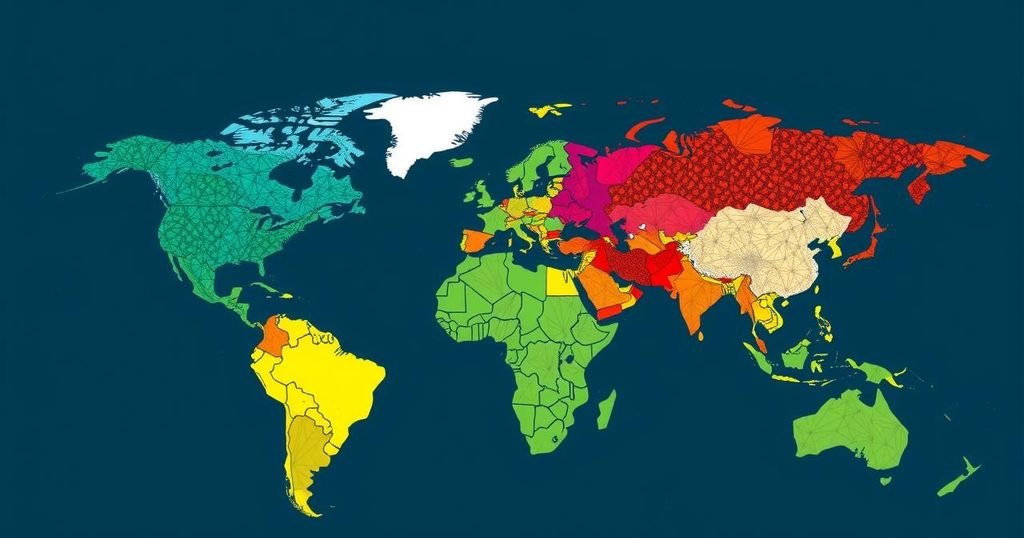Wealthy Nations’ Climate Funding Failures Highlight Urgent Need for Action

COP29 highlighted the failure of wealthy nations to support poorer countries in combating the climate crisis, with insufficient financial commitments made. Industrialized nations continue to prioritize fossil fuel subsidies while neglecting massive funding needs for clean energy and climate adaptation. Upcoming COP30 under Brazil aims to address these disparities and strengthen the global response to climate change.
The climate crisis, primarily instigated by industrialized nations, remains inadequately addressed at international forums. During COP29, developed countries demonstrated a reluctance to fulfill their financial obligations to developing nations, significantly impeding their capacity to implement necessary measures for climate adaptation and clean energy transition. Despite the pressing needs outlined by various leaders and experts, financial commitments amounting to only $300 billion per year have been made, falling drastically short of the $1.3 trillion essential to combat climate change effectively. Moreover, remarks by policymakers indicated that richer nations failed to genuinely acknowledge their responsibility, as they continue to prioritize fossil fuel subsidies over sustainable energy solutions, thus prolonging the climate crisis. As developing nations prepare for COP30 under Brazil’s presidency, there are calls for increased accountability and a reevaluation of the current framework, advocating a more robust and equitable approach to climate finance and action for all nations involved.
The climate crisis is largely attributed to the actions of wealthy, industrialized nations that have historically contributed most to greenhouse gas emissions. This crisis not only threatens vulnerable populations in developing countries but also jeopardizes the future of the planet. Conferences such as COP29 are critical for forging international agreements and financial commitments necessary for combating climate change. Despite these discussions, outcomes have often fallen short, reflecting a lack of true commitment from wealthy nations to support poorer countries in their environmental and economic challenges. Current agreements highlight a significant disparity in needed versus promised financial assistance, emphasizing the urgent need for more effective climate action strategies.
The proceedings and outcomes of COP29 reveal a troubling reality regarding the climate crisis: affluent nations are failing to acknowledge their responsibilities and make necessary financial contributions to support vulnerable countries. As discussions continue, it is imperative that industrialized nations recognize the economic urgency of climate finance as an investment rather than mere charity. An effective remedy involves reevaluating the COP framework to ensure it supports ambitious commitments and equitable solutions for all, particularly in light of the upcoming COP30, where there is renewed hope for meaningful engagement and accountability.
Original Source: bylinetimes.com






